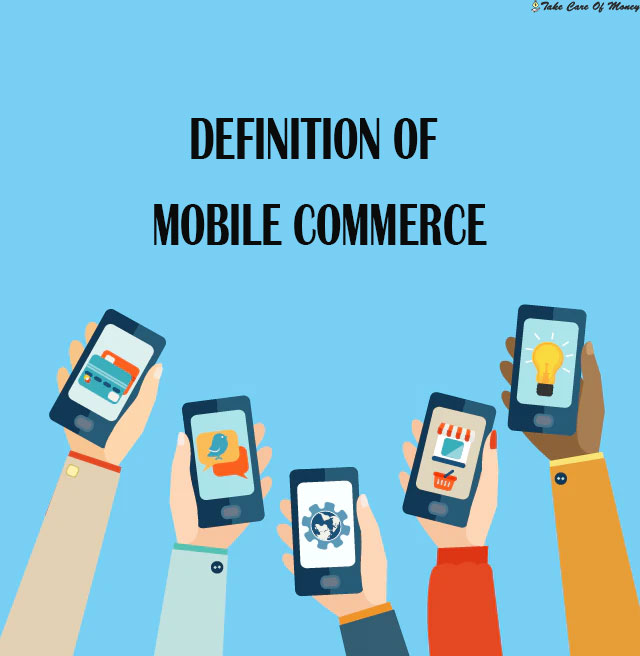Table of Contents
Mobile commerce (m-commerce) is defined as the purchase and sale of products and services through the use of wireless mobile devices. Mobile commerce is considered the next generation of electronic commerce and technology in particular will allow users to make their purchases through the Internet without a bank terminal.
History
Mobile commerce officially began in 1997 in Helsinki, Finland. Coca-Cola vending machines that accept monetary payments from cell phones have been installed through the use of SMS text messaging technology.
Operation
The wireless application protocol (WAP) allows mobile devices to access the internet through mini browsers. Hypertext language is what makes Internet viewing possible and WAP standards translate these codes specifically for mobile phone use.
Japan influence
Japan’s largest mobile operator (NTT DoCoMo) launched the first 3-G network in 2001. As a result, the Japanese people became accustomed to mobile commerce technology, helping to make Japan a leading nation in mobile commerce.
Applications
Mobile commerce can be used as an electronic wallet for shopping, for downloading entertainment books and for surfing the web. The most important uses, such as paying bills or buying a plane ticket that is downloaded to the mobile device, can be completed through mobile commerce.
Future
Mobile commerce has increased in some parts of the world, but in other areas, such as the United States, there are barriers to mobile commerce. User limitations, security problems and negative perceptions about this type of commerce are being addressed and denied in order to maintain mobile commerce as a viable form of business.
